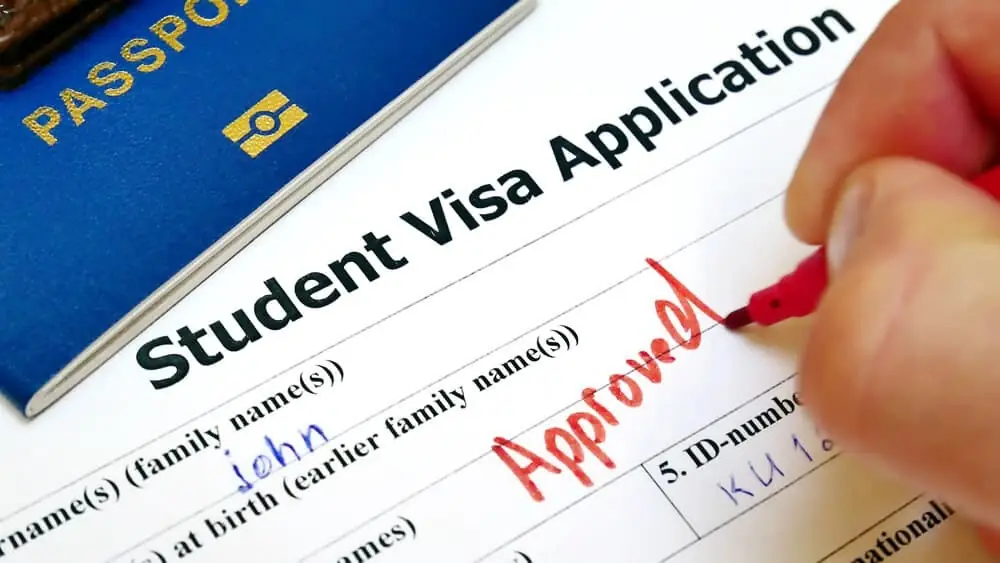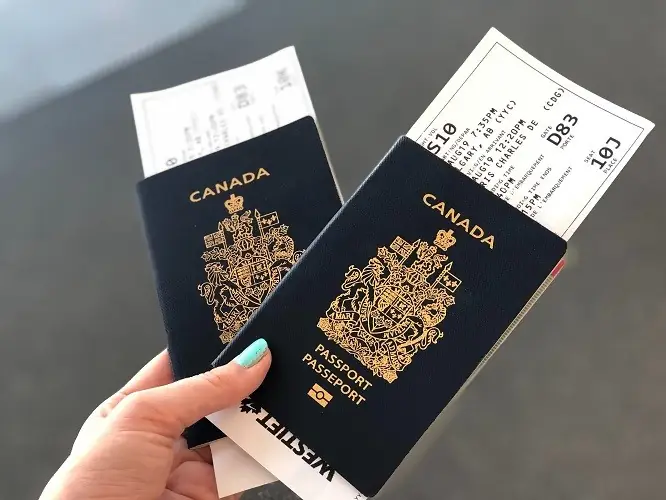
Investor Program
Want to invest in one of the safest economies in the world? We have got your back! We stand by you to buy in to the most profitable ventures across Canada!
Investor Program
Want to invest in one of the safest economies in the world? We have got your back! We stand by you to buy in to the most profitable ventures across Canada!
Canadian colleges attract students from all around the globe who are interested in a variety of courses. Infrastructure that is second to none, cutting-edge curricula, and enormous campuses are all characteristics of any Canadian educational institution. One approach to boost your chances is to get a Canada permanent resident visa in order to study in Canada. In this post, we talk about Canada student visa and how one can get a study permit Canada. Obtaining an international student visa, extending your study permit, and learning about employment opportunities while studying or after graduation are all steps in the process.

According to the law, Canada provides foreign students a Canadian study permit, which enables you to study in Canada, remain in the country, and receive a Social Insurance Number to work in the country, so long as your status as a student at a designated learning institution (DLI) is valid. Your study permit is not the same as a visa, and it does not provide you permission to enter Canada.
You may also need a visiting visa or an electronic travel authorization (eTA) in addition to your passport. If your study permission is accepted, Canadian government will send you a copy of the research permit along with your study permit.
The application must be completed online, regardless of whether you are in or outside of Canada. Each application will cost you $150 Canadian dollars. It is possible to submit a paper application if you are unable to complete an electronic application owing to a disability or technical difficulties with the online application.
In a nutshell, the three most crucial papers you’ll need for as study permit Canada requirements are as follows:
Additionally, depending on your condition, you may be asked to provide additional documentation, and if you want to study in Quebec for a period of more than six months, you will also require a certificat d’acceptation du Québec (CAQ).

Immigration, Refugees and Citizenship Canada is unable to process visa and study permit applications as usual because to COVID-19 travel restrictions and worries about the virus. Priority is presently given to people who are free from travel restrictions, so waiting for a decision on your full application might take months.
If you need to have a medical exam or give biometrics, make sure you submit all of these papers ahead of time so that you may clear all paperwork before making travel arrangements to Canada.
The Student Direct Stream (SDS) program, a new effort designed to promote speed in the processing of study permit applications, allows certain overseas students to apply for an expedited Canada study visa. Antigua and Barbuda, Brazil, China, Colombia, Costa Rica, India, Morocco, Pakistan, Peru, Philippines, Senegal, St. Vincent and the Grenadines, Trinidad and Tobago, and Vietnam are all eligible for the SDS program.
Canada hopes to complete all SDS applications within 20 calendar days, so if you’re qualified, it’s worth checking out the program.

Your Canada student visa can be extended. You must know the following in order to prolong your study permit:
In most situations, you will need to submit an online study permit application to renew your study permission. If any of these conditions are met, you may be eligible to submit a paper application:

According to our experts, the optimal time to submit an application is three months before to the Fall Admissions period. Canada’s institutions, on the other hand, only admit students on a semester basis, not a year one. Because of this, you will be able to choose whatever semester you wish to enroll in.
Students with study abroad aspirations were caught by surprise when biometrics and passport offices were closed owing to the pandemic, and the Canada student visa was severely impacted as a result of this. However, there are obvious indications that this will no longer be the case by the end of 2021 and the beginning of 2022.
Approximately 350,000 overseas students are admitted to Canadian institutions each year; but, owing to the epidemic, the vast majority of these applications were turned down. According to the IRCC, the visa acceptance rate was 51 percent in 2020, and without a doubt, this was related to Covid-19.
Here is the latest immigration news for Canada